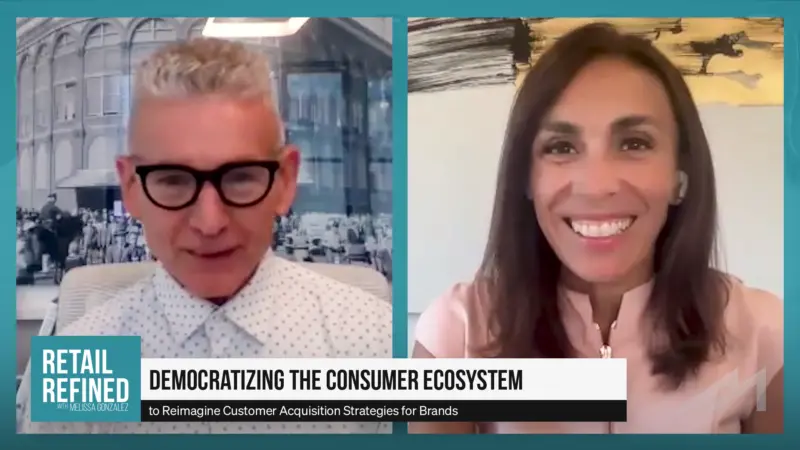The Forever 21 & Shein Partnership Makes Strategic Sense. It’s Still an Environmental Blight on the Retail Fashion Supply Chain.
The recent collaboration between Forever 21 and Shein marks a significant juncture in retail fashion, merging Forever 21’s established retail presence with Shein’s innovative direct-to-consumer model. This partnership, however, raises serious concerns about sustainable development and the environmental impact of fast fashion, known for its high carbon emissions and contribution to environmental degradation. The fusion of Shein’s rapid production model with Forever 21’s retail network could potentially worsen issues of overconsumption and environmental harm. Both companies have also faced scrutiny over their labor practices and sourcing methods, underscoring ethical challenges in the industry.
Despite these concerns, this alliance might offer a chance for positive change, potentially setting new sustainability and ethical standards in fast fashion. As consumer awareness of the environmental and social impacts of their clothing choices increases, there’s a growing call for more responsible fashion options. Will the Forever 21-Shein partnership lead to a more sustainable and ethical fast fashion industry, or will it amplify existing problems?
RayeCarol Cavendar, Ph.D. is an Associate Professor at the University of Kentucky. While Dr. Cavendar acknowledges the business logic behind the merger in retail fashion, she voices significant concerns about the impact on the environment, highlighting the urgent need to address its detrimental effects.
“The partnership in general terrifies me. My research is in sustainable development. I’m trying to provide a business perspective, which the business metrics and possible synergies back office and the like, in-store and online, all of those do line up. It does make sense. But we have such a huge issue with overconsumption that the fast fashion industry is causing extreme environmental degradation globally,” Cavendar said.
Article written by Sonia Gossai







